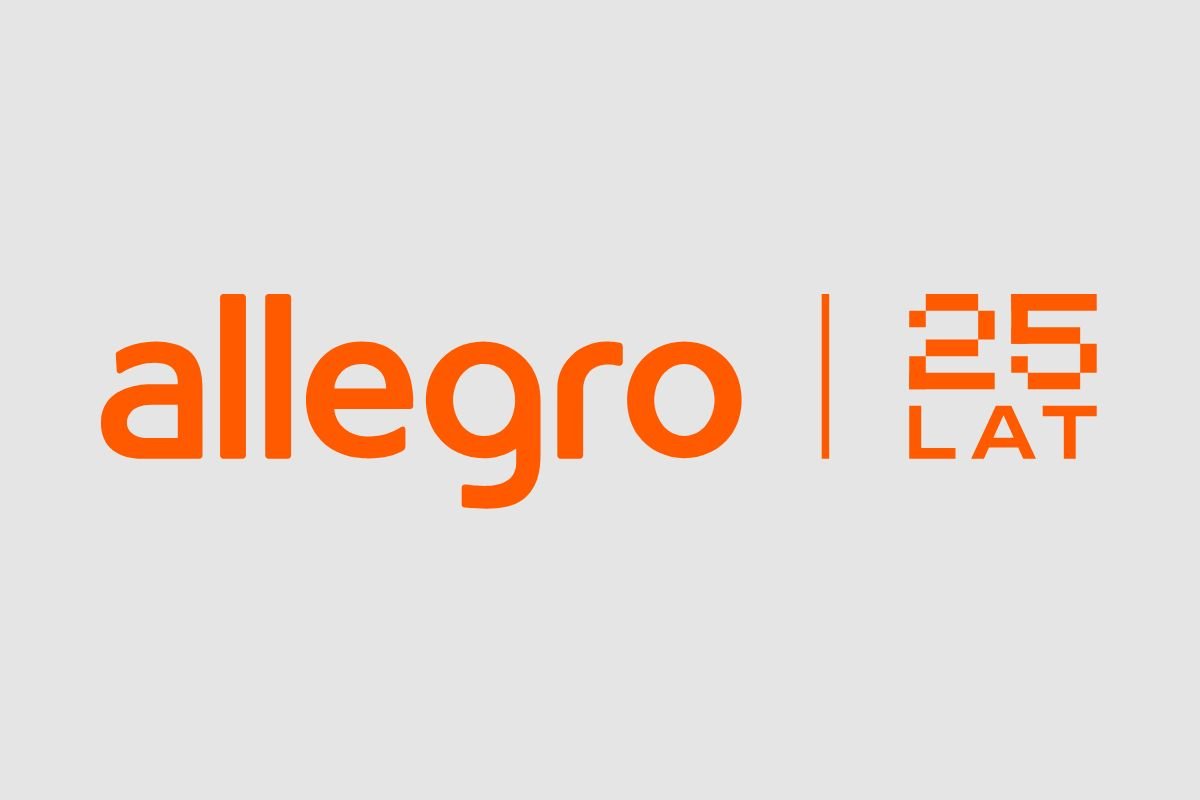Social media has become an integral part of our lives, with over 4.89 billion people actively using social media platforms today. One of its most significant advantages is bringing together people with similar interests and hobbies and creating online communities that transcend geographical boundaries.
Hunting manufacturers and enthusiasts are no exception. Social media has opened up a whole new world of possibilities for hunters, allowing them to share their hunting experiences, connect with other hunters and recommend each other hunting products or services, like Bulk Munitions. However, with this power comes responsibility, especially regarding sensitive topics like sport hunting.
In this article, we will explore the delicate balance between marketing and safety in the world of sport hunting on social media. Join us as we dive into the pros and cons of using social media for sport hunting and examine the best practices for promoting your hunting business while still respecting the ethical principles of hunting.
Can You Use Social Media for Sport Hunting Promotion?
The use of social media for sport hunting is generally allowed, but it’s important to keep in mind that there may be certain restrictions or regulations depending on the country or state where you are hunting. Adhere to all applicable laws and regulations related to hunting and to use social media responsibly and ethically.
This includes avoiding the promotion of illegal or unethical hunting practices, respecting wildlife and their habitats and promoting conservation efforts. By using social media in described manner, hunters can contribute to a positive hunting community and raise awareness about important issues related to sport hunting and conservation.
Pros and Cons of Social Media for Sport Hunting
For hunting organizations and enthusiasts, social media has become a valuable tool for promoting their sport, bringing many benefits. We’ll examine both.
Let’s start with positive impact:
1. Increased visibility

Social media provides an excellent platform for sport hunting enthusiasts to promote their products, services or content. It allows businesses to reach a broader audience, generate leads through targeted ads and increase brand awareness. Hunting-related firms can reach more audiences and encourage new people to be interested in this controversial sport.
By gaining exposure and growing their following, hunting organizations can get opportunities for sponsorship, partnerships or collaborations with other hunting enthusiasts or businesses.
2. Knowledge sharing
Another significant advantage of social media for sport hunting is the ability to share knowledge and experiences with others; hunters can connect with their colleagues, regardless of location.
By sharing information and ideas about hunting techniques, gear and trends, hunters can learn from each other, improve their skills and knowledge and ultimately become more successful in their hunting pursuits. Also, they can stay up-to-date with the latest hunting news, regulations and policies, which is essential in ensuring they comply with local laws and ethical standards.
Social media can help hunters looking to invest in the best hunting equipment make a wise choice; they can learn from other hunter’s successes and mistakes. By following pages focusing on hunting gear and equipment, they can make informed decisions when investing in new gear, ultimately leading to a more enjoyable and successful hunting experience.
3. Community building

Social platforms are ideal for building all kinds of communities; hunters can join hunting-related groups and pages on social media to engage in discussions and share experiences. They can connect and build relationships with like-minded individuals.
Furthermore, hunters can connect with hunting-related businesses and organizations, which can help them access valuable resources and opportunities. Hunting firms can use social media to establish as experts in their niche; besides promoting their products and services, organizations should share educational content, raise awareness about conservation efforts, advocate for the sport and promote ethical hunting practices. This way, hunting organizations can create communities of educated and aware individuals encouraged to follow best hunting practices.
4. Advocacy
Using social media platforms hunting organizations can advocate for the sport and promote ethical hunting practices while raising awareness about conservation efforts. They can share educational content about hunting, debunk myths and misconceptions and promote hunting’s positive impact on the sustainable use of nature.
Furthermore, social media platforms are ideal for organizing campaigns and initiatives, such as fundraising events, petitions and awareness campaigns. These initiatives can mobilize support for hunting and conservation efforts, raising awareness and driving change.
Using social media for sport hunting can bring many benefits and make people look at hunting in a more positive light. Still, unfortunately, it also has some drawbacks:
Negative Impact:
1. Sensitive and Controversial Content
One potential drawback of social media for sport hunting is the risk of controversial content since some people may not agree with the idea of hunting as a sport. As a result, hunting content can sometimes generate negative reactions, including backlash, criticism and even calls for censorship.
Hunting-related content that is graphic or violent can also be seen as insensitive and inappropriate by some users, even if it is within the boundaries of ethical hunting practices, leading to negative perceptions of hunting and even harming the reputation of hunters and hunting organizations.
This problem can be avoided by being sensitive to different viewpoints, avoiding graphic or violent content and engaging in respectful discussions with those with differing opinions.
2. Ethical Concerns
Another potential disadvantage of social media for sport hunting is the ethical concerns that arise when hunting is promoted or depicted on these platforms. Hunting can be controversial and there are valid moral arguments for and against it. Some people view it as cruel and unnecessary, while others see it as a time-honored tradition and a means of procuring food.
However, when hunting is promoted on social media, there is a risk that unethical practices could be glorified or normalized. For example, some hunters may post pictures of themselves posing with their trophy kills, which can be seen as insensitive and disrespectful to the animals they have killed. Others may engage in illegal hunting practices encouraged with glorification of these activities on social media.
Therefore, hunters and hunting organizations must use social media responsibly and ethically, promoting sustainable and ethical practices and avoiding glorifying unethical or illegal activities.
3. Cyberbullying

Sport hunting is often associated with cyberbullying. Bullying can occur in many forms, from direct attacks on individuals to organized campaigns to harass and discredit hunting practices. With the anonymity that social media provides, some users may feel encouraged to engage in harassing or bullying behavior toward hunters or hunting organizations.
Cyberbullying can have serious mental health consequences. It can also damage the reputation and credibility of individuals and organizations and create a hostile environment that discourages new hunters from joining the sport.
While social media platforms have policies to prevent cyberbullying and other abusive behavior, they often go unreported or unpunished. This means that hunters and hunting organizations must protect themselves against cyberbullying and take steps to mitigate its harmful effects.
Sport Hunting Social Media Strategy
Developing a social media strategy for sport hunting can build trust with your followers, raise awareness about the sport and promote conservation efforts. Here are some critical steps to consider when creating a social media strategy for sport hunting:
- Identify your audience. You might think there is not much research to do regarding your target audience – they’re all hunters, right? However, your content could also target wildlife enthusiasts, conservationists, policymakers and the general public. Identifying your target audience will facilitate creating content that appeals to their interests and needs.
- Choose the right platforms. Select the social media platforms your target audience uses the most, such as Facebook, Twitter, Instagram or YouTube. Each platform has its rules, strengths and weaknesses.
For example, Facebook is ideal for further developing your existing connections and engaging with a more mature audience. Twitter is mainly a conversational platform and it is suitable for running discussions and building relationships with a younger, more tech-savvy audience. Instagram, Pinterest and TikTok are highly visual platforms; therefore, it is important to carefully curate content that aligns with your brand and values and to engage with your followers to build a loyal audience. LinkedIn is great for positioning yourself as an expert in your niche, building professional connections and sharing valuable industry insights and knowledge.
- Create unique, high-quality and engaging content. Develop content that is informative, educational and visually appealing. Share photos and videos of successful hunts, offer tips and advice on hunting techniques and equipment and promote ethical hunting practices and conservation efforts. Only through educating or entertaining your content will be valuable to your audience.
- Engage with your audience. Building a community around your social media accounts is key to establishing trust and credibility with your audience. Respond to comments and messages, participate in discussions and share user-generated content.
- Monitor and analyze your results. Keep track of your social media metrics, such as impressions, reach, audience growth rate, engagement rates, click-through rate (CTR), average time on page and website traffic. Use this data to optimize your content and strategy and to adjust your approach as needed.
- Be ethical and responsible. Always promote ethical hunting methods and respect wildlife and public lands. Be transparent about your hunting practices and be aware of controversial topics that could trigger adverse reactions.
By following these steps, you can create a social media strategy that effectively promotes sport hunting while also raising awareness about conservation efforts and ethical hunting practices. You can avoid unnecessary hatred or negative feedback by being respectful and considerating differing viewpoints.
Social Media for Sport Hunting: Final Thoughts
Social media can be a valuable tool for promoting sport hunting while also raising awareness about conservation efforts and ethical hunting practices. Using social media platforms to share educational content, connect with like-minded individuals and showcase hunting experiences, hunters can build a positive community and engage in meaningful discussions.
Inappropriate use of social media can lead to severe consequences – backlash and negative publicity, which can damage the reputation of individual hunters or the hunting community as a whole. Additionally, posting unethical hunting practices or violating laws and regulations can result in legal issues. Therefore, it’s important to use social media responsibly and to always prioritize safety, ethics and conservation efforts.






